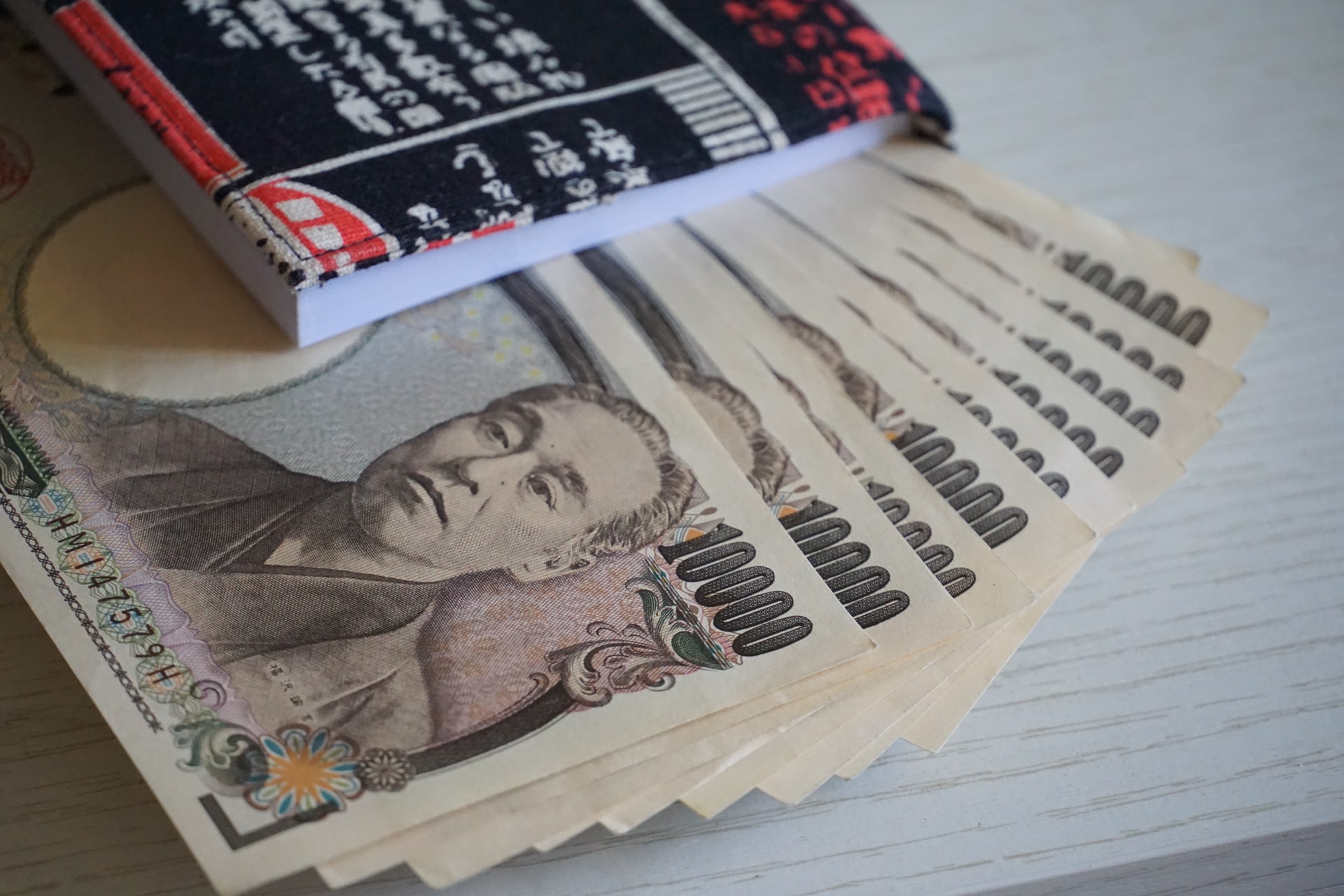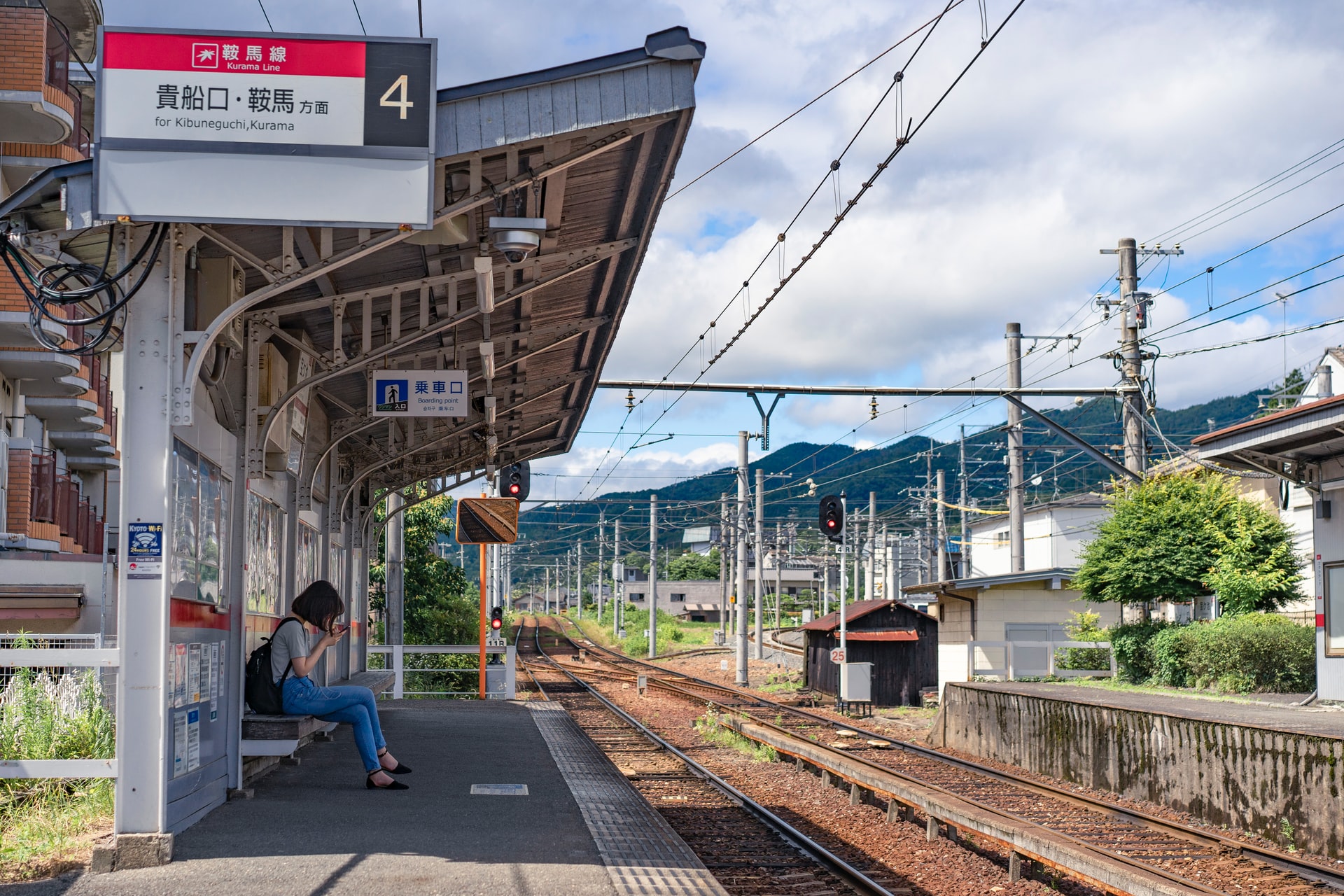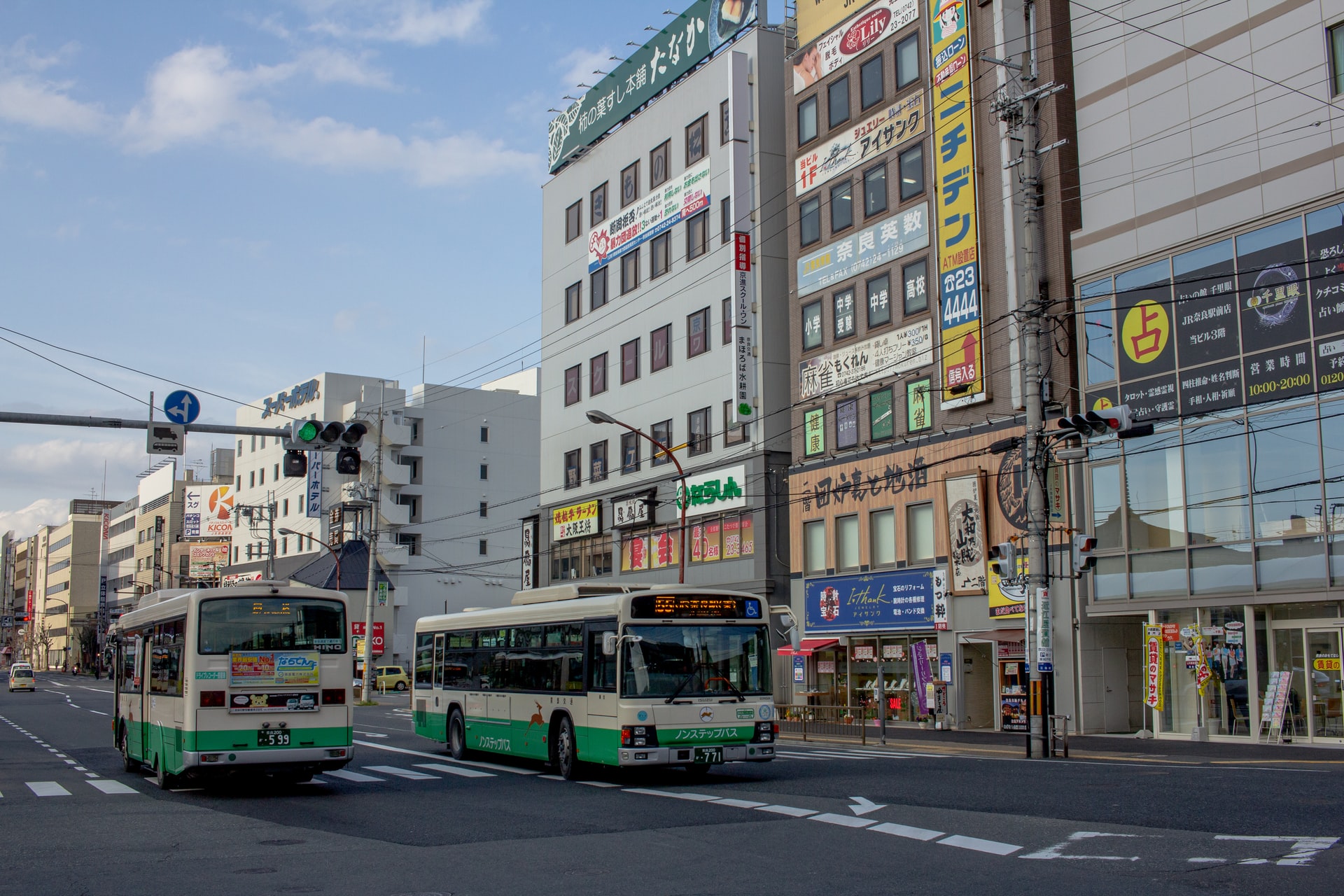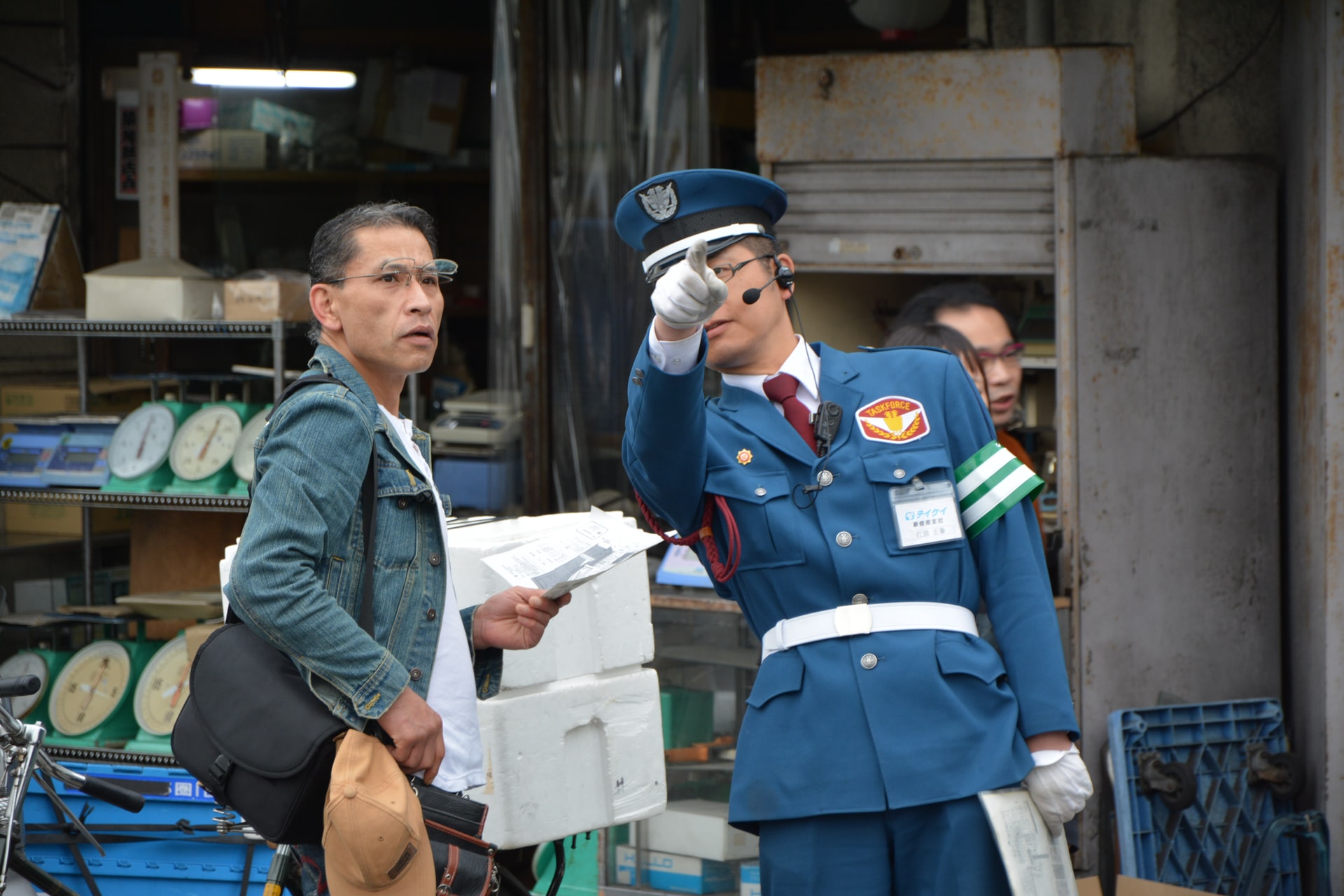5 Japan Travel Tips
Posted on Jun 8, 2022 by Questo Originals
Japan is one of the most beautiful countries with the oldest civilization and diverse history. The diverse, gorgeous mountain scenery, breathtaking views, unique culture, delectable food, and vibrant nightlife attract millions of tourists to create memorable experiences with their families and friends.
Japan is famously known as the "Rising Sun," You will see how tradition blends with modernity during your trip. Many people think that Japan has the most significant language barrier. However, this is a misconception. People speak English in many places, so this obstacle is not a problem. Here are a few practical tips and tricks when traveling to or exploring Japan. Read on!
-
Choose the Best Time
Although taking a trip to Japan is a good option at any time of the year, this country has very different and marked seasons, in which some of the most magical moments in the world take place, such as the cherry blossoms.
High Season
The high season in Japan is between April and August. The time of the cherry blossom takes place between March and April. Every year the dates change depending on the weather.
It is without a doubt the best time to travel to Japan. Despite this, you also have to bear in mind that prices skyrocket, both for accommodation and flights, and it isn't easy to book well in advance since the exact dates of flowering are known practically a few weeks before.
Mid-Season
The Mid Season in Japan is between June and July and September to December. If you cannot travel in April and May, we recommend that you do it in October-November, especially if you want to enjoy the Momiji.
In the autumn season, leaves redden and cover all the landscapes of Japan. During these months, the prices are also usually relatively high, and as with the cherry blossom, the forecasts are generally known a few weeks before.
Low Season
The low season in Japan is between January and March. These are the coldest months of the year and the least crowded, so if you don't mind being a little cold, this option can be very valid since the prices are lower. Keep in mind that although there are no holidays at Christmas, for New Year and several days, many shops do close.

-
Daily Budget, Credit Card, and Tipping
Creating a daily budget is essential to streamline your trip to Japan. Generally, we recommend setting your budget between $50 and $70 per person or day. The purpose is to cover costs for food, snacks, drinks, etc.
Other expenses can include souvenirs, gifts, and shopping. However, this depends on your personal preferences. American Express, Master Card, Diners Club, and Visa are international credit cards accepted at most establishments.
However, credit card transactions are not always reliable, especially when traveling outside cities. Therefore, it is wise to obtain cash beforehand when traveling to the countryside. In addition, individual tipping is not a norm in Japan. However, sometimes, hotel or restaurant staff will appreciate it.

-
Getting Around
Japan has a world-class infrastructure and means of transportation. The Japanese railway system has a reputation for safety, convenience, punctuality, and cost-effectiveness. You can use ticket machines to obtain tickets for short distances. You can find these machines at each train station.
On the other hand, we recommend visiting the offices at large stations to buy tickets for long distances or make reservations. The purpose is to avoid hassle and streamline traveling or excursions. Moreover, you can also use cabs, metro, and buses to travel within the city.

Prepaid Transport Cards
Pasmo and Suica are prepaid cards and an excellent way to get around in big cities without the hassle of purchasing tickets. These passes also prevent you from changing passes between trains.
You can use these transport cards on local trains in cities throughout the country. You can purchase these cards at major train stations and the airport. Topping up Pasmo and Suica is easy, thanks to the machines installed at every station.

Buses and Coaches
Taking a coach or bus is an inexpensive mode of intercity transportation in Japan. Not only are intercity bus routes extensive, but buses are also comfortable, clean, and convenient. Coaches and buses cost less than 50% of what you would pay for a bullet train in Japan.
Luggage Delivery
If you have a lot of luggage, ease your load by sending large suitcases ahead to meet you at your residential address or next hotel across Japan. Luggage delivery in Japan has an average cost between $20 and $30 per suitcase under 25 kilograms. You can hire these services at the hotel concierge, airport, or convenience stores.
-
Asking For Help
People in Japan are famous for their sense of hospitality, friendliness, and willingness to help tourists. So, if you feel lost on a Japanese street, feel free to as for help from locals. Passerby will point you in the right direction.
Although you may find it a little challenging to communicate with people in English, we recommend writing down the hotel's address or place where you stay to avoid the hassle.

-
Public Transport Etiquette
Japanese are very humble and friendly people. However, there are etiquettes and rules to follow in public places. For example, you can't speak loudly while traveling via train or bus. Even if you use your phone, make sure it does not disturb other passengers.
In addition, public transportation, primarily in Tokyo, is the most crowded city in Japan. You may squeeze into close quarters with passengers during morning and evening peak hours. Therefore, it is crucial to apologize if something goes wrong.

Final Words
Japan has a diverse history, oldest civilizations, and beautiful landscapes. Japan's varied and stunning scenery attracts millions of people to visit the country and enjoy the breathtaking views, relish the diverse food menus, and explore eye-catching attractions.
Use Questo, an app that lets you solve clues and find the best places within the city. Thanks to its exciting and enthralling gamification features, the app will keep you engaged while traveling on a bus or via train.